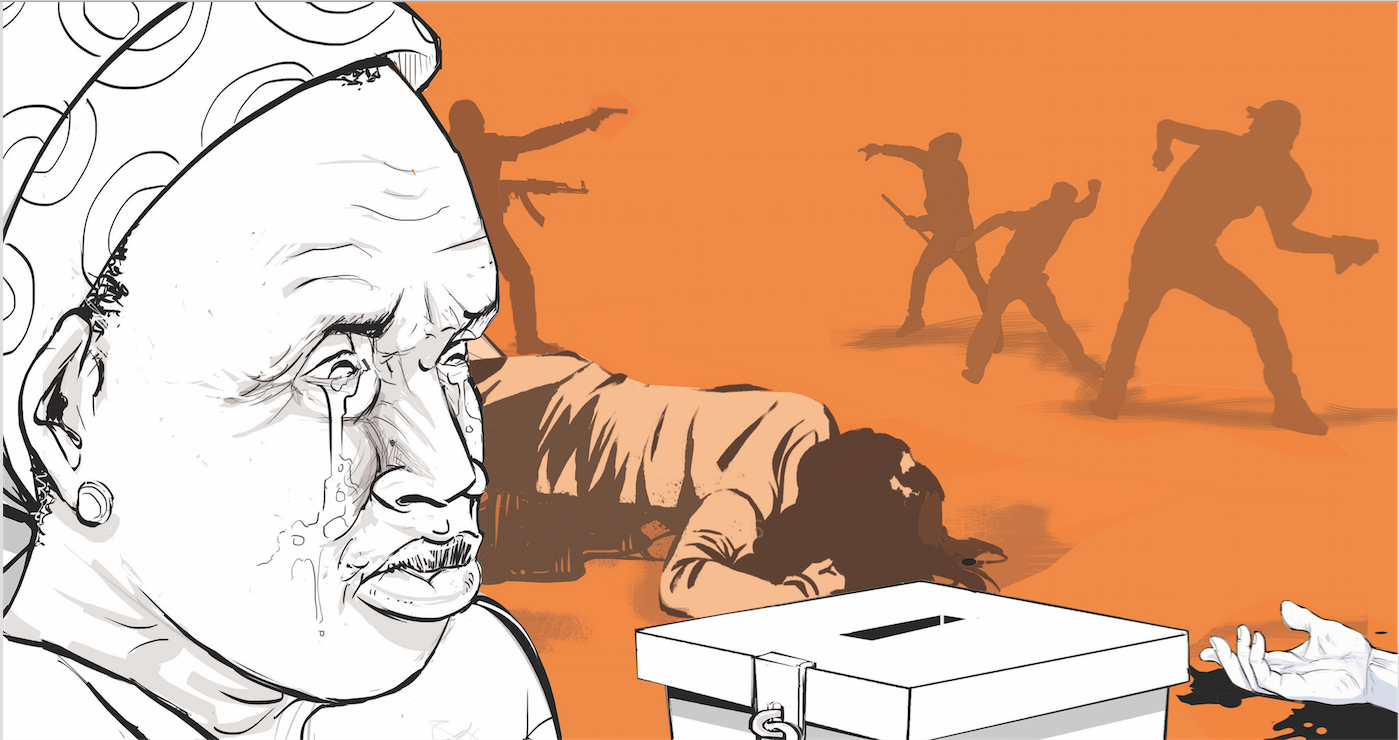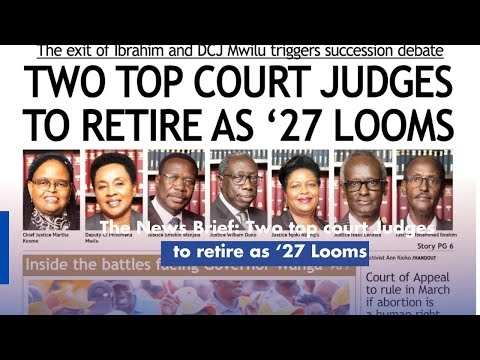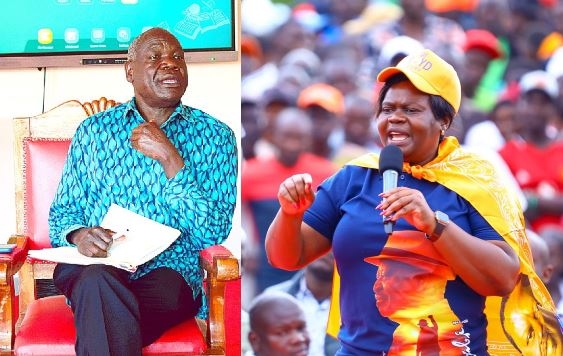

On May 5 this year, an event of momentous significance to the collective security of the human race took place in our courts.
Four Kenyans were charged in court with crimes against humanity committed over the post-election violence of 2017.
John Chengo Masha, Linah Kogey, Cyprine Robi and James Rono were senior police officers who commanded their colleagues in Nyalenda and Nyamasaria, Kisumu, quelling the protests.
In the process, widespread acts of sexual violence against civilian women were perpetrated by the law enforcement officers. Severe physical and mental pain was inflicted on the residents as marauding police descended upon them.
Baby Samantha Pendo, a six-month-old, was bludgeoned to death at her parents’ home. A postmortem showed that she suffered an open, cracked scalp with deep head injuries.
The unconscionable act attracted widespread condemnation, drawing the attention of the world to the despicable conduct of our police officers.
“Baby Pendo lived a very short life. And died a very painful death. She died a death too painful to find expression in a normal infant or baby’s speech of expressing pain or discomfort,” Kisumu resident magistrate Beryl Omollo ruled, way back in 2019.
Enacted in the context of the post-election violence of 2007, the International Crimes Act 2008 criminalised genocide, crimes against humanity and war crimes in Kenya.
We did not require a law as such to criminalise these acts. Reprehension of such acts had long acquired the status of peremptory norm in international law. The universal disdain against them is such that no derogation is permitted.
Despite this, and the affirmations of Article 2(5) and (6) of the constitution in 2010, police officers continued to behave “normally”, exposing themselves to risks of prosecution locally and elsewhere.
The Article incorporates general rules of international law, and all treaties or conventions ratified by the country into Kenyan law.
Article 28 of the International Crimes Act is particularly a game-changer. Borrowed word for word from Article 28 of the Rome Statute, it confers criminal responsibility of juniors on their superiors, provided that the superiors had effective control and authority over the juniors.
This is essentially what is eating the four police inspectors in the Baby Pendo matter. They had effective authority and control of the real killers of Baby Pendo, knew they were committing or about to commit the crimes and failed to take necessary measures to stop them.
So far, it seems the police leadership is yet to wake up and smell the coffee. In the Saba Saba protests of July, at least 30 young protesters were killed, adding to the number of young people killed since June last year.
As we head into another high-stakes election, the Baby Pendo case will obtain greater relevance as calls for accountability gain traction.
On one hand, there will be pressure to nail the Baby Pendo Four to deter errant policing over the election period. On the other hand, prosecutors will begin coming to the realisation that prosecuting international crimes is not a walk in the park.
The country will begin to come to terms with the fact that other than passing the Act, we have done very little else. The infrastructure to meaningfully deploy the Act for purposes of deterrence is missing, 17 years later.
In 2016, the judiciary abandoned the project of setting up an International and Organised Crimes Division of the High Court. The division would have garnered or grown the relevant technical expertise to adjudicate international crimes.
Correspondingly, there has been little or no known effort to enhance the capacity of the teams at the Office of the Director of Public Prosecutions and the Directorate of Criminal Investigations to confront international crimes.
The National Council for Administration of Justice may want to revisit these matters ahead of 2027. The scare imposed by the possibility of charging people with international crimes is good, but not good enough.
Ultimately, you want to successfully prosecute perpetrators of international crimes, affix a permanent badge of dishonour on their foreheads, and put them where they belong.
Senior Project Manager, Friedrich Naumann Foundation, member, Media Complaints Commission, and advocate of the High Court of Kenya
















